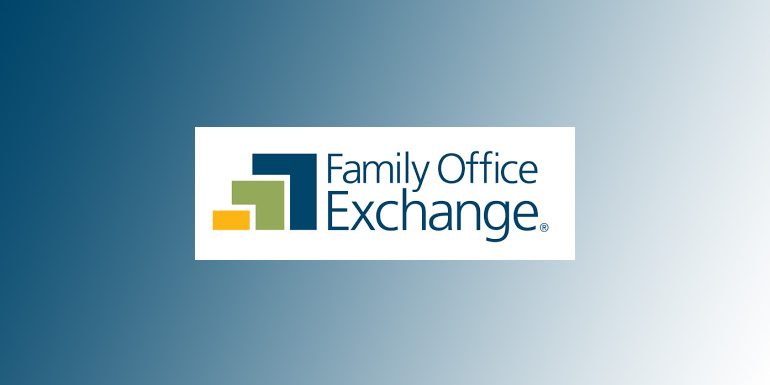June 9, 2017 By: Sonia Talati
Now it’s the private-equity industry’s turn to get disintermediated. That at least is the conclusion of a study by the Family Office Exchange, one of the nation’s leading family-office research outfits that in the past Barron’s Penta has exposed as having conflicts of interest. FOX says most family offices today are increasingly bypassing private-equity funds and their 2/20 fees, and investing directly in private companies. In fact, 81% of the 118 family offices surveyed by FOX this year have hired staff to invest directly in private firms.
It’s easy to see why. These direct investments returned 8% on average in 2016, compared to the private-equity industry’s 6% return for the same period. FOX says this trend to invest directly has picked up speed in the last three years and is likely to stick around. The research firm currently estimates that family offices have 5% of their private-equity allocation invested via funds and 7% directly, the reverse allotment of just a year ago.
Liesel Pritzker Simmons extracted $500 million of inheritance in 2005, after winning a lawsuit against her family’s trust. Her family office, Blue Haven Initiative, is now entirely dedicated to earning market-rate or better returns while investing in firms that have positive social and environmental impact. So she is investing directly in private companies. Like many other family offices starved for superior returns and wanting to trade on their competitive advantage—the ability to invest for the long turn—Pritzker Simmons believes that direct investing in private companies with a similar mission is the preferred route.
In many ways it makes sense. Instead of paying the 2% management fee and 20% of profits to a private-equity firm, family offices can cut their costs by investing directly in a private company. Furthermore, unlike private-equity firms which rely heavily on leverage, family offices typically prefer an all-cash deal, massively improving the odds of success—and their chances of earning above-market returns.
True, there’s a lot of sweat equity involved in doing this right, but many family offices are run by individuals who built their own businesses and are comfortable interacting with private management. The approach in fact raises confidence levels and lowers risks because it gives the family-office management a chance to “have full transparency as direct owners of that business,” says Jeremy Swan, principal and National Director of CohnReznick’s private-equity and venture-capital advisory firm.
Of course, not every family office is ready for prime time. There is considerable internal family-office capacity that has to be put in place to do this effectively. “They need the right team and processes in place,” Swan says. If a family office is going to act like a private-equity firm, it in effect needs to become a professional operator itself, from conducting proper due diligence and screening to managing its ongoing portfolio risk. “While private-equity deal flow has picked up, it’s very hard for family offices to generate a deal flow as well as general partners [or private-equity firms]. They’ve been at it for a long time,” says Rob Elliot, vice chairman of multifamily-office Market Street Trust.
But family offices are clearly and increasingly climbing up the direct-investing learning curve, and it’s a boon for smaller, family businesses seeking funding or exits. Families who have reached the point where it’s time to sell or cede ownership, but are still emotionally attached to the businesses they have built, often feel more comfortable selling to another family than they do an impersonal private-equity fund, which is often determined to make dramatic changes to the business so the fund can get its money in and out in a tight, five-year or so time frame. In contrast, they often feel that family-office buyers are invested in their business for the long haul, says Swan.
Some family offices, poorly executing their portfolio of direct private-equity investments, will undoubtedly be disappointed by their results. But for a family office prepared to roll up its sleeve and do this messy work right—deep satisfaction and above-market returns are likely to be its result.
Source: Barron’s







